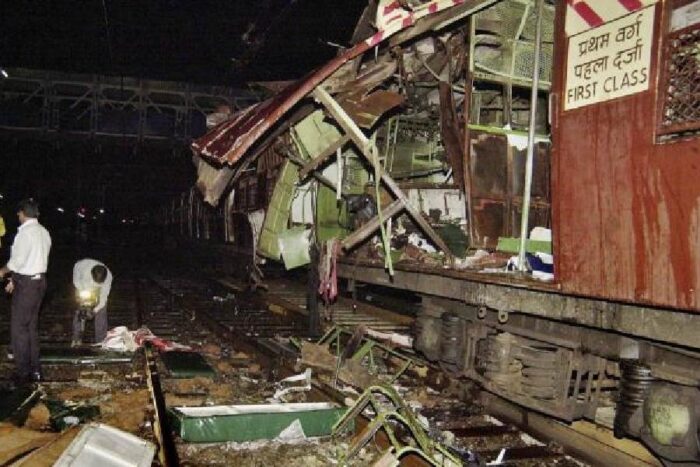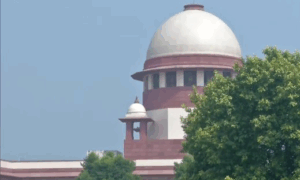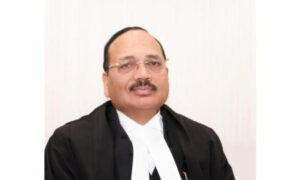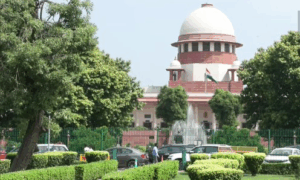
File Image
Nineteen years after seven train blasts here killed more than 180 persons, the Bombay high court acquitted all the 12 accused, saying the prosecution utterly failed to prove the case and it was “hard to believe the accused committed the crime”.
The court allowed the appeals filed by the accused challenging their conviction and sentences imposed on them by a special court in 2015.
Of the 12, five had been sentenced to death and seven to life imprisonment by the special court. One of the death row convicts died in 2021.
Maharashtra Chief Minister Devendra Fadnavis said his government will challenge the acquittal ruling in the Supreme Court even as he described the HC verdict as “shocking”.
“I will go through the entire (HC) order. I have discussed with the lawyers, and the high court verdict will be challenged in the Supreme Court,” Fadnavis, who holds the home portfolio, told reporters.
AIMIM president Asaduddin Owaisi sought to know whether Maharashtra government would take action against Anti-Terrorism Squad officers who investigated the case.
The HC judgement comes as a major embarrassment to the Maharashtra ATS which probed the case.
The agency had claimed that the accused were members of the banned outfit Students’ Islamic Movement of India and had hatched the conspiracy with Pakistani members of terror group Lashkar-e-Tayiba.
Post-the verdict, the ATS, in a statement, said it will decide the future course of action after analysing the ruling and consulting the special public prosecutor.
In a damning indictment of the prosecution’s case, the HC declared all confessional statements of the accused as inadmissible suggesting ‘copying’.
Further eroding the credibility of the confessions, the court said the accused had established that torture was inflicted upon them to extort these confessional statements.
A special bench of Justices Anil Kilor and Shyam Chandak said the prosecution has failed to even bring on record the type of bombs used in the crime and that the evidence relied on by it was not conclusive to convict the accused.
The bench refused to confirm the death penalties imposed on five of the 12 accused and dismissed the confirmation appeals filed by the state government.
Punishing the actual perpetrator of a crime is a concrete and essential step toward curbing criminal activities, upholding the rule of law, and ensuring the safety and security of citizens, the HC said in its 671-page judgment.
The death row convicts were Kamal Ansari (now dead), Mohammad Faisal Ataur Rahman Shaikh, Ehtesham Qutubuddin Siddiqui, Naveed Hussain Khan and Asif Khan.
It had imposed life imprisonment on Tanveer Ahmed Mohammed Ibrahim Ansari, Mohammed Majid Mohammed Shafi, Shaikh Mohammed Ali Alam Shaikh, Mohammed Sajid Margub Ansari, Muzammil Ataur Rahman Shaikh, Suhail Mehmood Shaikh and Zameer Ahmed Rehman Shaikh.
The witness statements and alleged recoveries made from the accused have no evidentiary value and hence cannot be held as conclusive for conviction, the HC said while quashing the conviction.
Seven blasts ripped through Mumbai local trains at various locations on the western line on July 11, 2006, killing more than 180 persons and injuring several others.
“The prosecution has utterly failed to prove the case against the accused. It is hard to believe the accused committed the crime,” the HC said.
The HC said the accused shall be released from jail forthwith if not wanted in any other case.


















